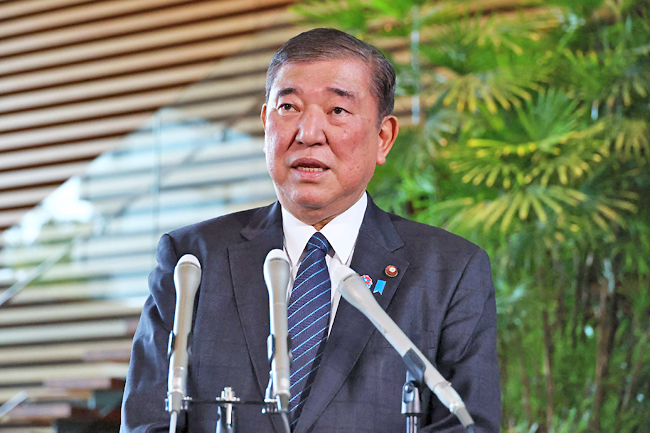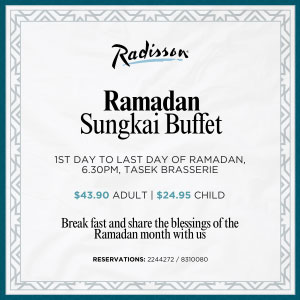TOKYO (AFP) – Japanese Prime Minister Shigeru Ishiba yesterday congratulated Donald Trump on his return to the White House and said he wanted to build a “relationship of trust”.
Japan and the United States (US) are key defence allies and each other’s top foreign investors, but businesses and diplomats are bracing themselves for potential changes under Trump.
During his first term Trump had pressed US allies to increase defence spending, and this time has threatened them with trade tariffs.
Ishiba told reporters that it appears the new US president “prefers bilateral frameworks over multilateral frameworks” for dealmaking.
“I would like to establish a relationship of trust through sincere discussions centring on how we can make the most of our bilateral relationship,” he said, pledging to keep the national interests of Japan and the US in mind.
Earlier yesterday, Japan’s Foreign Ministry said Ishiba had sent a congratulatory letter to Trump.
In the letter, Ishiba “expressed that he would like to work closely to further strengthen the Japan-US relations and to realise a free and open Indo-Pacific”, it said.
Japanese businesses meanwhile urged Trump to engage with them after previous president Joe Biden blocked a bid by Nippon Steel to buy US Steel.
“I hope the US government will adopt policies that foster predictability and encourage businesses to invest with confidence,” chair of the Japan Business Federation Masakazu Tokura said in a statement.
The group, Japan’s largest business lobby, said nearly a million US jobs had been created by Japanese investment.
Citing national security concerns, Biden blocked Nippon Steel’s USD14.9 billion acquisition of US Steel earlier this month, a highly unusual move that irked officials in Tokyo.
Japanese Foreign Minister Takeshi Iwaya attended Trump’s inauguration on Monday and is seeking to hold a meeting with newly confirmed Secretary of State Marco Rubio.
Ishiba said Iwaya was “paving the way” for a meeting between himself and Trump.
Iwaya also met separately in Washington with his counterparts from India and Australia, which partner with Japan and the US in the “Quad” four-way framework for security in the Asia-Pacific.





